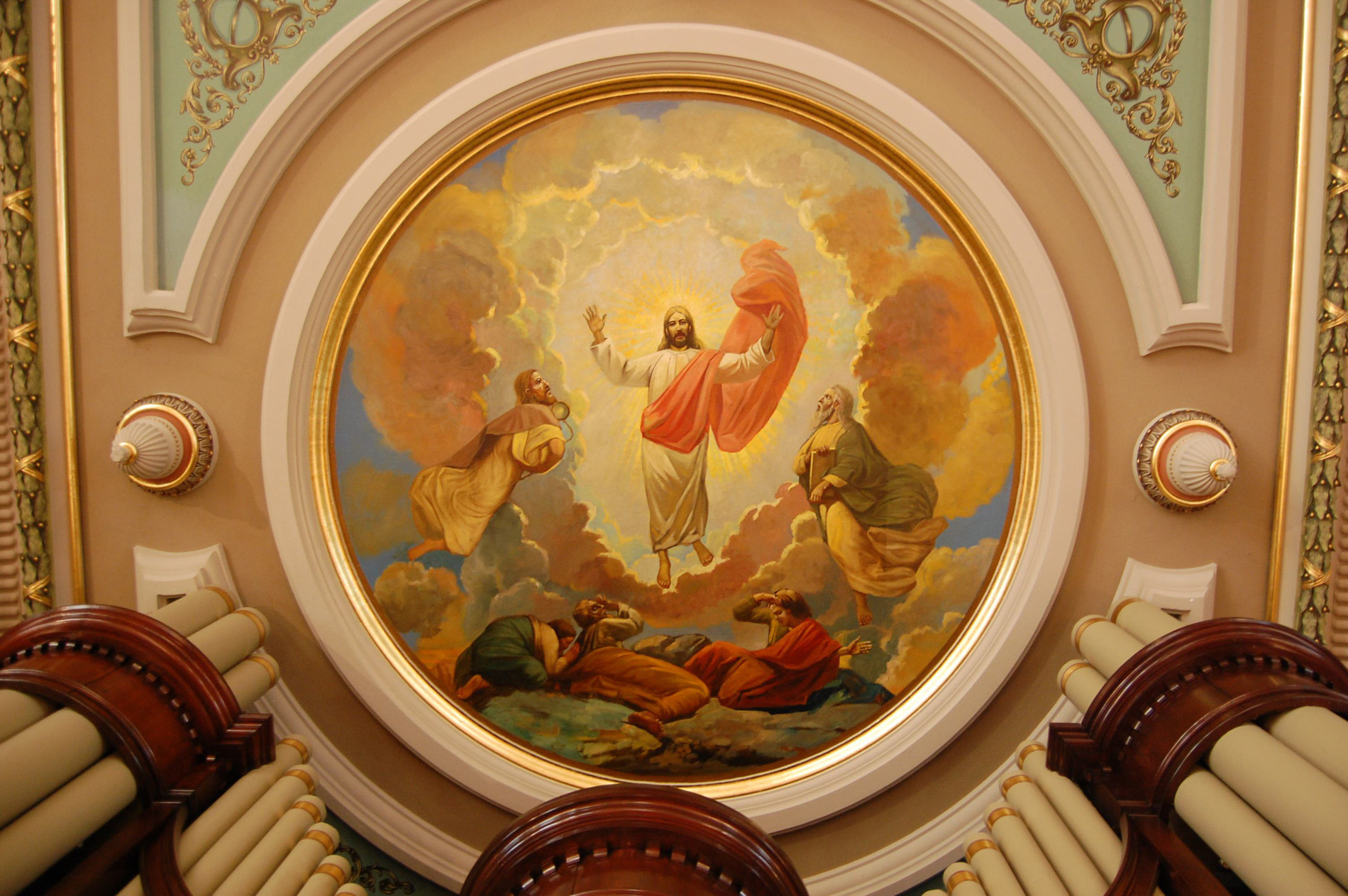Regina Caeli – Queen of Heaven, Rejoice!
The Regina Caeli, Latin for “Queen of Heaven,” is a hymn and prayer ...

Saint Fulgentius of Ruspe here writes of the relationship between initial justification, which he calls “the spiritual resurrection,” and final bodily resurrection, which we call glorification. God’s goal for us, in accomplishing these two very real resurrections, is to bring us to an unchanging state of eternal joy.
In a moment, in the twinkling of an eye as the final trumpet sounds, for the trumpet shall indeed sound, the dead shall rise incorruptible and we shall be changed. [I Cor 15:52]
In saying “we”, Paul is indicating that the gift of that future change will also be given to those who during their time on earth are united to him and his companions by upright lives within the communion of the Church. He hints at the nature of the change when he says: This corruptible body must put on incorruptibility, this mortal body immortality. In order, then, that men may obtain the transformation which is the reward of the just, they must first undergo here on earth a change which is God’s free gift. Those who in this life have been changed from evil to good are promised that future change as a reward.
Through justification and the spiritual resurrection, grace now effects in them an initial change that is God’s gift. Later on, through the bodily resurrection, the transformation of the just will be brought to completion, and they will experience a perfect, abiding, unchangeable glorification. The purpose of this change wrought in them by the gifts of both justification and glorification is that they may abide in an eternal, changeless state of joy.
Here on earth they are changed by the first resurrection, in which they are enlightened and converted, thus passing from death to life, sinfulness to holiness, unbelief to faith, and evil actions to holy life. For this reason the second death has no power over them. It is of such men that the Book of Revelation says: Happy the man who shares in the first resurrection; over such as he the second death has no power.
Elsewhere the same book says: He who overcomes shall not be harmed by the second death. As the first resurrection consists of the conversion of the heart, the second death consists of unending torment.
Let everyone, therefore, who does not wish to be condemned to the endless punishment of the second death now hasten to share in the first resurrection. For if any during this life are changed out of fear of God and pass from an evil life to a good one, they pass from death to life and later they shall be transformed from a shameful state to a glorious one.
For more on the joy that is the destiny of the Christian both in this world and eternally in the next, see the JOY section of the Crossroads Initiative library.
This excerpt from a treatise on Forgiveness by Saint Fulgentius of Ruspe (Liber 2, 11, 2-12, 1, 3-4: CCL 92A, 693-695) dates from about AD 520. It focuses on eternal joy and the resurrection glory of heaven which is our destiny. It appears in the Roman Office of Readings for the Monday of the 33rd week in ordinary time. This, one of the last weeks in the liturgical year, focuses on the Second Coming of Christ and the Last things.
No Comments